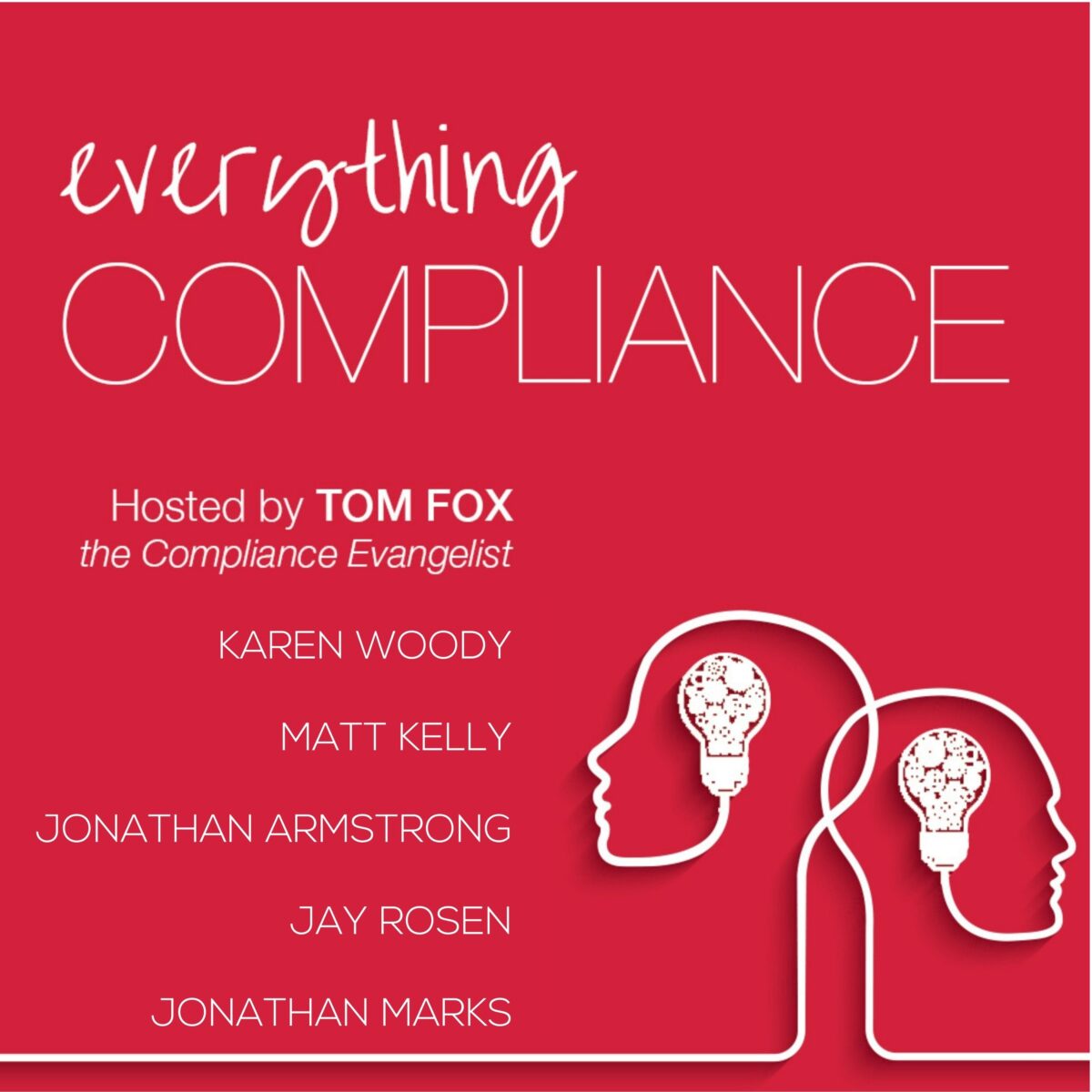Binance, the world’s largest cryptocurrency trading platform, has recently been hit with a staggering $4.3 billion fine for intentionally violating anti-money laundering laws and other financial regulations. This landmark case has sent shockwaves through the cryptocurrency industry and serves as a stark reminder of the importance of regulatory compliance.
The penalties were imposed by several regulatory bodies, including the Justice Department, the Commodity Futures and Trading Commission (CFTC), and FinCEN, the money laundering agency in the United States. The fines and penalties are the result of Binance’s deliberate non-compliance, which included lying about anti-money laundering controls, allowing US customers to trade despite not being a registered US exchange, and facilitating transactions with sanctioned entities.
The consequences for Binance have been severe. CEO Changpeng Zhao, also known as CZ, has resigned and is facing potential imprisonment for at least 18 months. He has been prevented from leaving the country until his sentencing. Former Chief Compliance Officer Samuel Lim is expected to face a $1.5 million fine and restrictions on his future career. Binance itself has pleaded guilty and will be subject to a three-year plea agreement, as well as a five-year compliance monitorship imposed by Finsen and OFAC. The CFTC settlement with Lim is only a proposed consent order; it still needs final approval from a federal judge. Matt Kelly, writing in Radical Compliance reported, “Lim apparently has agreed to the proposed terms.”
The case against Binance highlights the deliberate intent to deceive and evade regulatory requirements. The company deliberately ignored anti-money laundering and sanctions laws, allowing customers from sanctioned countries such as Iran, Syria, and North Korea to conduct business on the platform. This intentional non-compliance extends to all aspects of an effective compliance program, with Binance disregarding the seven elements that make up such a program.
The implications of this case go beyond Binance itself. It serves as a warning to the entire cryptocurrency industry that regulatory compliance is not optional. The Justice Department’s message is clear: if you are doing business in the United States or handling US assets or working with US customers, you must obey US law. The days of the cryptocurrency sector operating in a regulatory-free zone are over.
The Binance case also raises important questions about the future of cryptocurrency as a true alternative financial system. The enforcement actions and court cases surrounding Binance and other crypto ventures indicate that the era of unregulated crypto is coming to an end. Regulators are asserting their authority and making it clear that crypto firms must adhere to existing financial regulations.
For compliance professionals, the Binance case provides valuable lessons and insights. It demonstrates the consequences of deliberate non-compliance and the importance of a robust and enforced compliance program. The role of the Chief Compliance Officer (CCO) is also under scrutiny, with the case highlighting the potential liability faced by CCOs who are complicit in misconduct or fail to fulfill their responsibilities.
While the Binance case may be an extreme example, it serves as a reminder that compliance professionals must take their roles seriously and ensure that their organizations are fully compliant with applicable laws and regulations. The consequences of non-compliance can be severe, both for individuals and for the reputation and financial stability of the organization.
The $4.3 billion fine imposed on Binance for violating anti-money laundering laws is a significant development in the cryptocurrency industry. It underscores the importance of regulatory compliance and sends a clear message to the sector that it is not exempt from financial regulations. Compliance professionals must learn from this case and ensure that their organizations prioritize and enforce robust compliance programs to avoid similar consequences.
Check out Matt Kelly and myself dissecting the Binance enforcement action on Compliance into the Weeds.






